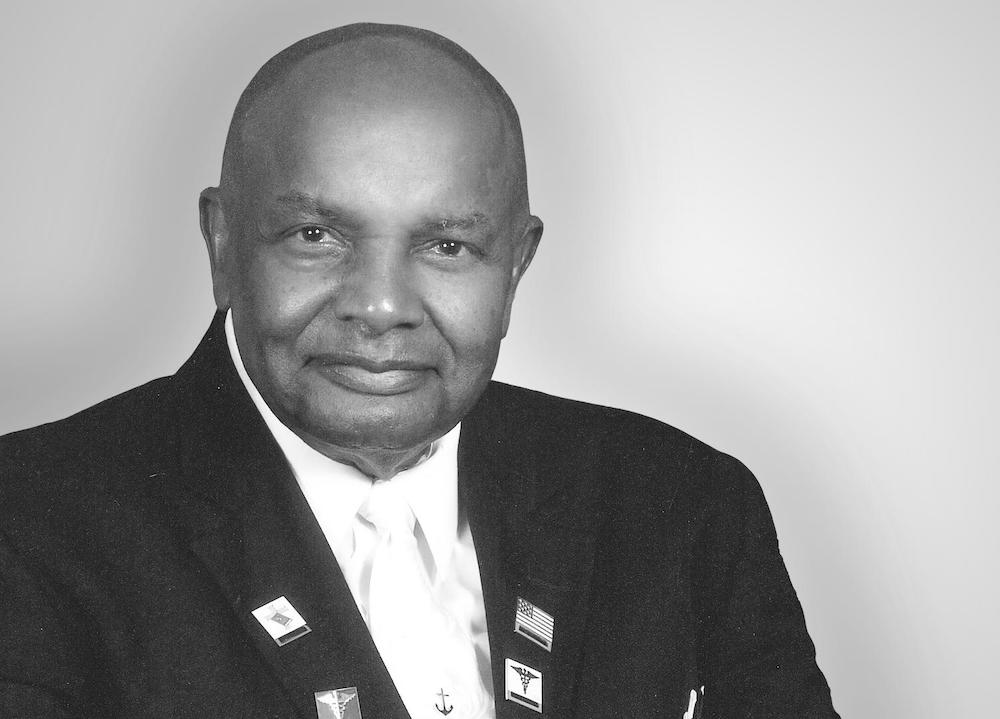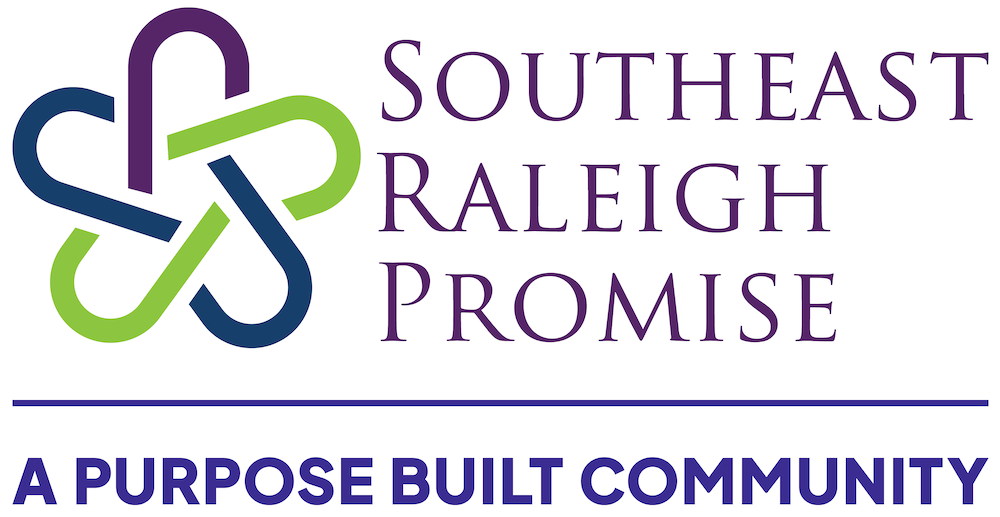Dr. George Clyde Debnam’s Legacy is Southeast Raleigh History

Southeast Raleigh is a cornerstone of Black History, from its institutions to its neighborhoods and its people.
Known as one of Raleigh’s most prominent black physicians, the late Dr. George Clyde Debnam made his mark on all three. His legacy includes tireless work to champion equity in healthcare at a time when structural racism was deeply embedded, and segregation was legally sanctioned in hospitals while also focusing on dismantling challenges in education and social advancement.
As a doctor of family medicine who maintained a private practice and hospital practice, Debnam provided general medical care and obstetrics, delivering more than 10,000 babies and performing more than 5,000 surgeries in his nearly 51 years in practice. Debnam, also known for continuing to see patients in nursing homes, was known by many in the Southeast Raleigh community as “our doctor.” Debnam died this year on January 19. He was 95.
A native of Youngsville in Franklin County, Debnam was raised apart from his sharecropper parents after his father died when he was an infant. In 1943, at the young age of 15, he moved to Raleigh and enrolled at Shaw University, graduating in 1947. After earning his MD from Meharry Medical College in Nashville, Tenn., and fighting in the Korean War, Debnam returned to Raleigh. Debnam wed the former Marjorie Boyd of Morristown, Tenn., in 1951. The couple settled in Southeast Raleigh’s historic Roberts Park neighborhood. They had three daughters, the late Gwendolyn Yolande Debnam Morgan, and identical twin daughters who followed their father’s footsteps, Drs. Marie Georgette Debnam and Marjorie Lynnette Debnam.
In the early 60s, when healthcare justice issues were front and center, Debnam started his locally renowned Debnam Clinic on the Southeast Raleigh campus of St. Augustine’s University at Saint Agnes Hospital, the only hospital to treat African Americans between Washington, DC, and New Orleans. He then moved his clinic to Blount Street, near Shaw’s campus, where he practiced for decades before relocating to the current location in the Lincoln Park neighborhood near Poole Road, always committed to serving the Southeast Raleigh community. With the Civil Rights Act of 1964, Debnam made history and integrated healthcare as the first black physician to admit patients to the new Wake Memorial Hospital, now Wake Medical Center.
Debnam also touched lives through local and statewide education. At his Southeast Raleigh alma mater, Debnam once carried the moniker “Mr. Shaw” because of his dedication as a long-time trustee and trustee emeritus who helped raise over $5 million for the renovation of Shaw’s historic Estey Hall. His work earned him the honor of its financial aid building being named George C. Debnam Hall. He also was a trustee and trustee emeritus at North Carolina Central University.
Debnam’s impact didn’t go unnoticed. In 1977, he was named Physician of the Year by the National Medical Association. He also won WakeMed’s J. Michael Weeks Award for Humanitarianism, honoring his devotion to teaching or(and) caring for the less fortunate. In 2014, he was inducted into the Raleigh Hall of Fame. Debnam was also known by the LA Scruggs Medical Society, the Old North State Medical Society, and the National Medical Association as a member who advocated not only for healthcare but also for healthcare equality.
Debnam was a history buff interested in Black History, World War II, and musicology/hymnology and was a member of Phi Beta Sigma and Sigma Phi Pi or the Boule. He also was instrumental in helping his wife, a fellow Raleigh Hall of Fame inductee, mentor hundreds of high school-aged African American men in her Friends of Distinction, or FOD, program. Debnam authored books of compiled sayings, quotes, facts, and jokes clean enough for church and was active as a deacon at both Martin Street Baptist Church and Christian Faith Baptist Church, speaking at funerals, Men’s Day, and Black History Month observances.
Years before he retired from practice in 2001, Debnam’s twin daughters joined him in his practice. They currently continue to manage the healthcare needs of Southeast Raleigh residents.
